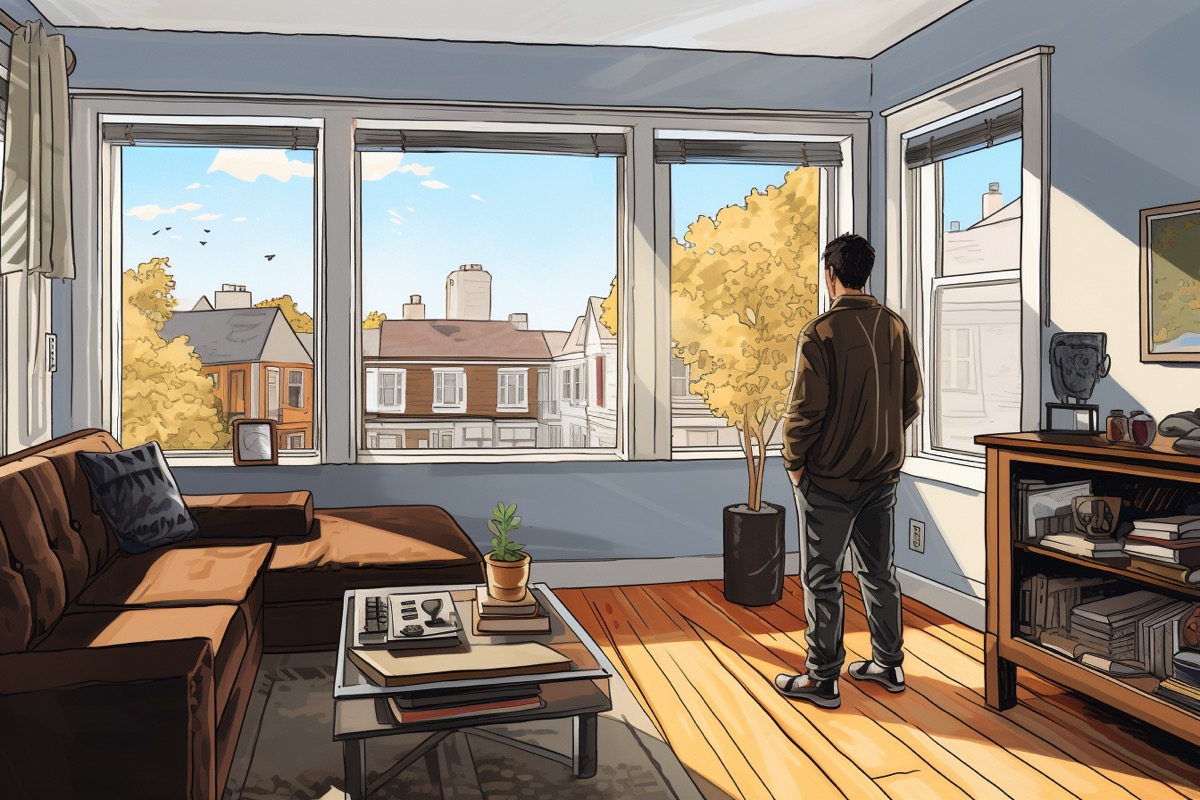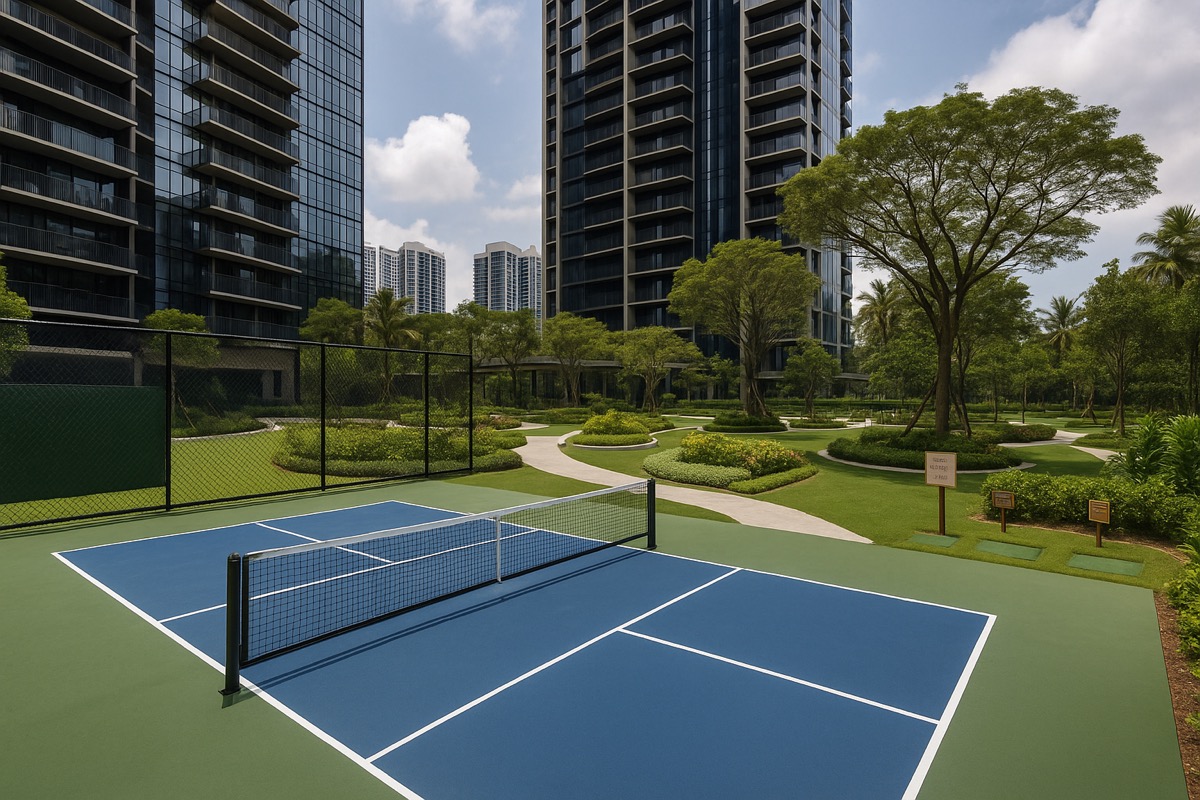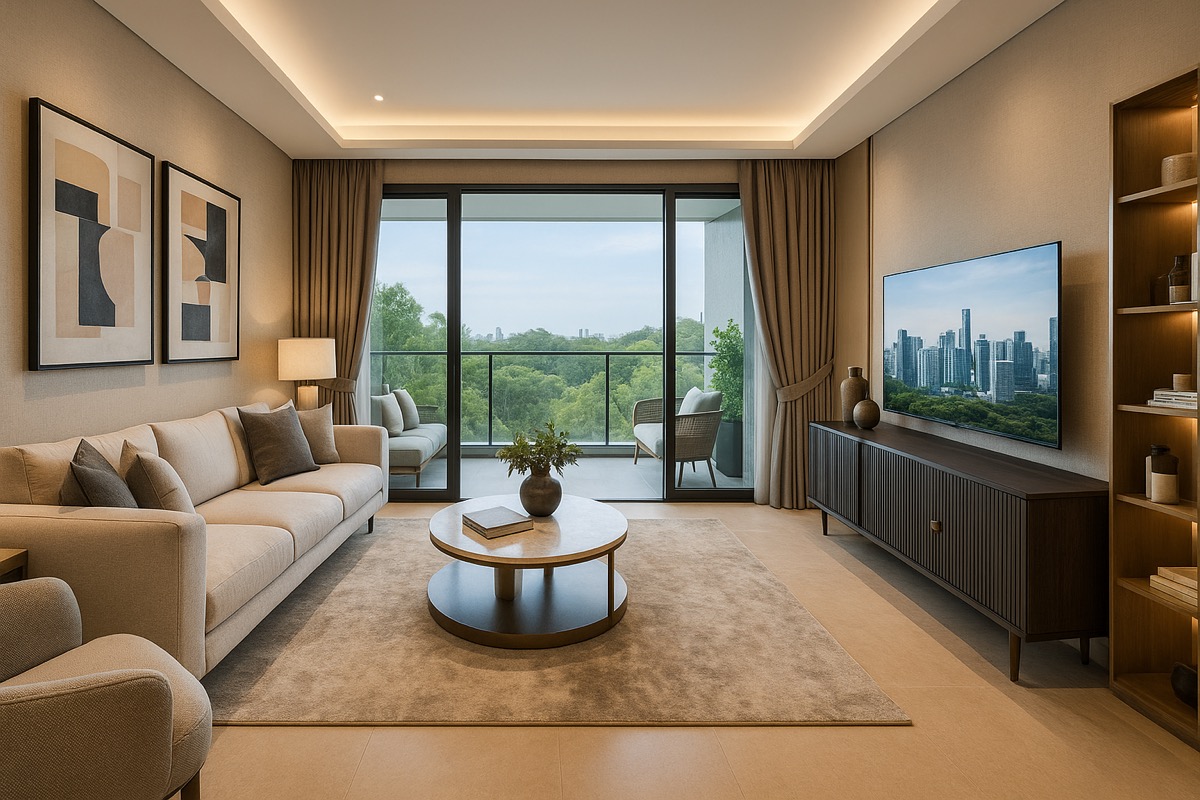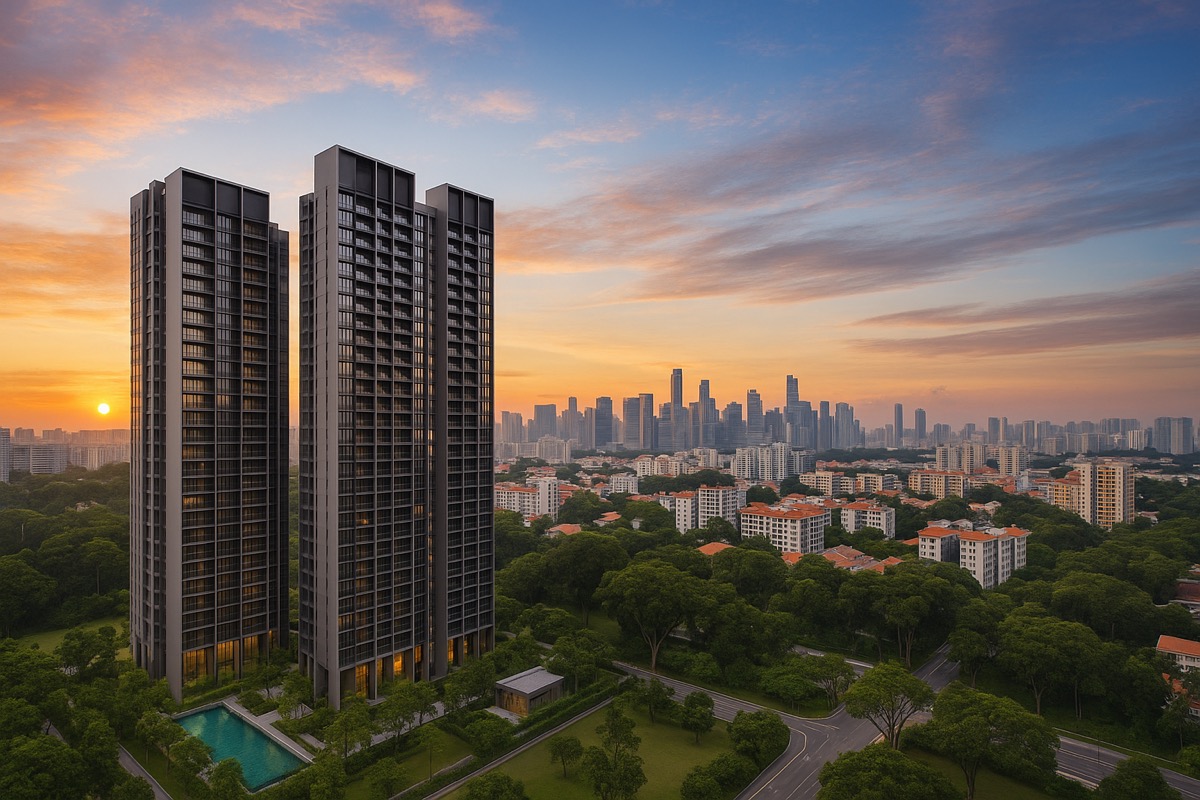How to do 99-1 legally to avoid tax
Recently, the Singapore tax authority clamped down on a 99-1 loophole that property owners & investors have been exploiting over the years. Not only did they stop the exploit, IRAS also clawed back a whopping $60 million in ABSD!
To be clear, a 99-1 split is a legal arrangement, and can still be done. We will discuss what you can still do legally in the later section.
But first, let’s briefly discuss what is illegal from IRAS point of view.
When is 99-1 illegal?
To be fair, it was a loophole to begin with, and anyone using it was mere exploiting the loophole. They are not illegal when they perform the 99-1. However, IRAS has chosen to clawback the tax amount avoided.
We will use a Father-Son scenario, whereby the Father already owns a property and wants to avoid ABSD, while the son has no property and rightfully doesn’t have the necessary income to buy. The illegal 99-1 split has to be performed in 2 stages.
- Son buys the property
- Son transfer the 1% to the Father, who pays only ABSD on that mere 1% purchase price
Once the Father is a co-owner of the property, he is able to be a co-applicant for a bank loan. What’s more, the bank will not consider how small his stake is in the property eg. his full income is considered for loan.
When is 99-1 legal?
IRAS considered the 2 stage approach to be illegal.
If the Father and Son were to buy the property together in 1 stage, that is legal. The consequences being that full ABSD is applicable, regardless of the Father’s stake.
This is a bona fide commercial arrangement, allowing the Father to maximize loan eligibility for his Son.
If ABSD is applicable on the full purchase amount, why should anyone still consider the 99-1 split?
Planning for Decoupling
The short answer is that they can save on BSD later on when they decouple.
Let’s now use a common scenario for a Husband and a Wife purchasing a property for own stay.
A couple should choose Tenancy-in-Common (vs Joint Tenancy) so that they can specify how many % each owns. They can then choose how to give away their share when they pass away. For Joint Tenancy, there is no such share split; when a husband passed away, the wife will be the only owner.
When you choose Tenancy-in-Common, you can then specify the 99-1 split. Let’s say Husband takes the 1%, while Wife takes 99%.
3 years later (no more SSD!), Husband can sell the 1% to Wife.
Husband no longer owns any property, and can buy another without ABSD. One for own stay, one for investment, that’s the dream. That’s decoupling!
The Wife still has to pay BSD for the 1% of the purchase price (or valuation amount). BSD is always payable (while ABSD is additional). If the split was a fair 50-50, then the Wife has to pay 50% of the BSD. So by choosing 1% split, they save 50 times!
For example: A $2m purchase, the full BSD is $69,600. 50% will be $34,800 and 1% will be $696. That’s the decoupling savings from a 99-1 arrangement.
Conclusion
Always do Tenancy-in-Common.
If you want to decouple and own 2 properties in the future, then it’s best to start with 99-1 split.








